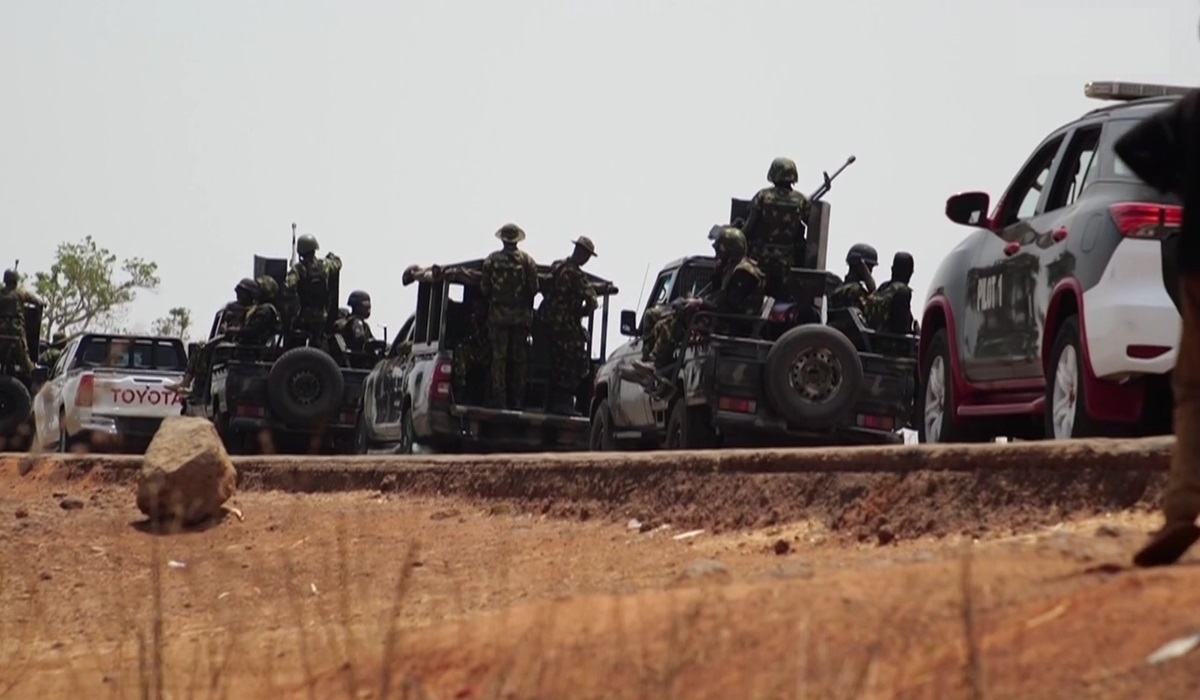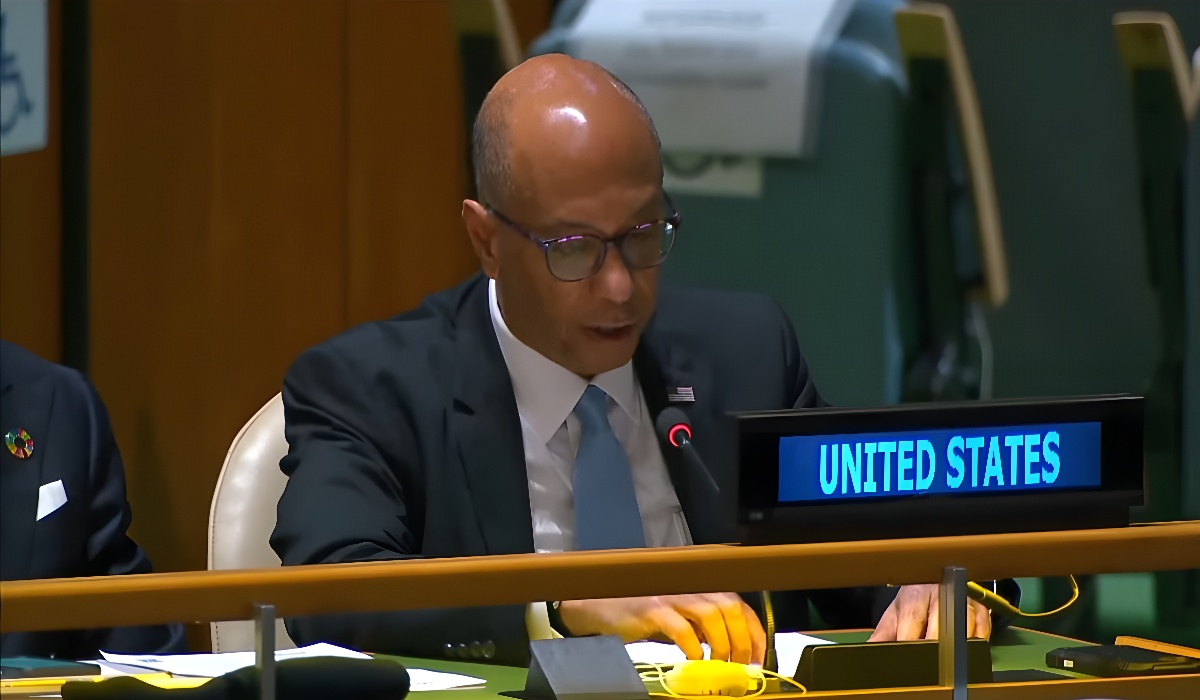Newfoundland Experiences Worst Forest Fire In 60 years
- Maryam Ahmed
- Breaking News
- Western USA
- August 10, 2022
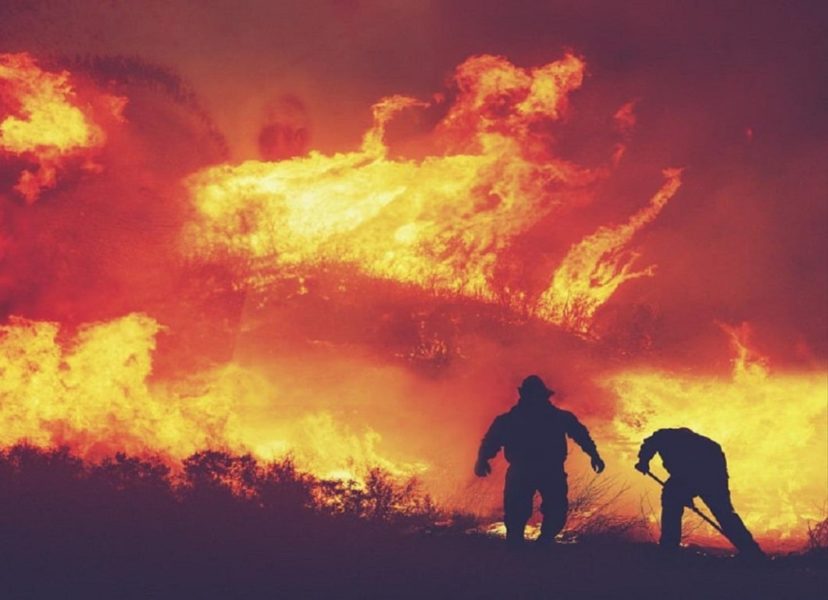
Out-of-control Newfoundland wildfires leave communities cut off with supplies running low
The worst forest fires to hit Newfoundland and Labrador in more than 60 years have stranded hundreds of travellers who had returned to the island’s south coast for summer festivals and reunions while officials scramble to airlift food to communities cut off by the massive blaze.
People who live in more than a dozen small communities on Newfoundland’s south coast have been stuck there since last week when wildfires once again forced the closing of the Bay d’Espoir Highway. – The remote, heavily wooded artery is the only road linking back to the rest of the province.
David Neil, a warning preparedness meteorologist for Environment and Climate Change Canada, said the fires were started on July 24 by a lightning strike amid an abnormally warm and dry summer. “This is a very unique situation,” he said, though he was hesitant to pin it directly on the province’s changing climate.
Neil said there are about 10 millimetres of rain forecast for the area on Tuesday. “It’s not a great deal of rain,” he admitted. “But at the very least, it should bring some help to the folks trying to contain the fire.”
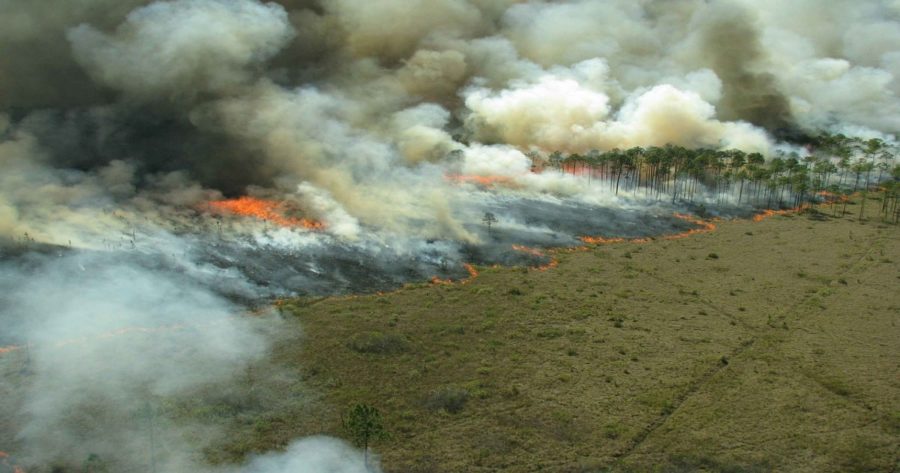
The fires are affecting a vast swath of central Newfoundland. As the flames spread further out of control, a state of emergency was declared for areas around Grand Falls-Windsor, Bishop’s Falls, and the Connaigre Peninsula. Premier Andrew Furey said that the blazes are the largest in Newfoundland since 1961.
The province said in a news release Monday evening that it has started flying essential goods to the stranded communities by helicopter.
For the past two weeks, forest fires have forced officials to intermittently shut down a remote, 200-kilometre-long route that connects the main highway across Newfoundland with the island’s Connaigre Peninsula, which is home to the towns of Harbour Breton, Hermitage and Conne River. The last time the road was opened was last Thursday morning, according to the Department of Forestry.
The province has declared a state of emergency stretching from the Connaigre Peninsula up the highway to the towns of Bishop’s Falls, Grand Falls-Windsor and Botwood, largely because of smoke and air quality concerns. Officials said Saturday the fires are burning in a remote area, and the flames don’t pose a risk to any homes or residents.
On Monday afternoon, the Forestry Department estimated that the two central fires in the area together encompassed over 160 square kilometres. Typically, forest fires in Newfoundland and Labrador don’t get larger than five square kilometres, Jeff Motty, the province’s forest fire duty officer, said in an interview, adding that both fires were out of control.
The fire that began in an area called Paradise Lake was within 25 kilometres of Grand Falls-Windsor, and crews were working Monday afternoon to build a firebreak that would keep the flames from creeping closer to the town Motty said. It was forecast over the weekend that the two fires would merge, but Sunday’s winds weren’t as high as predicted, and the air was more humid than anticipated, he said.
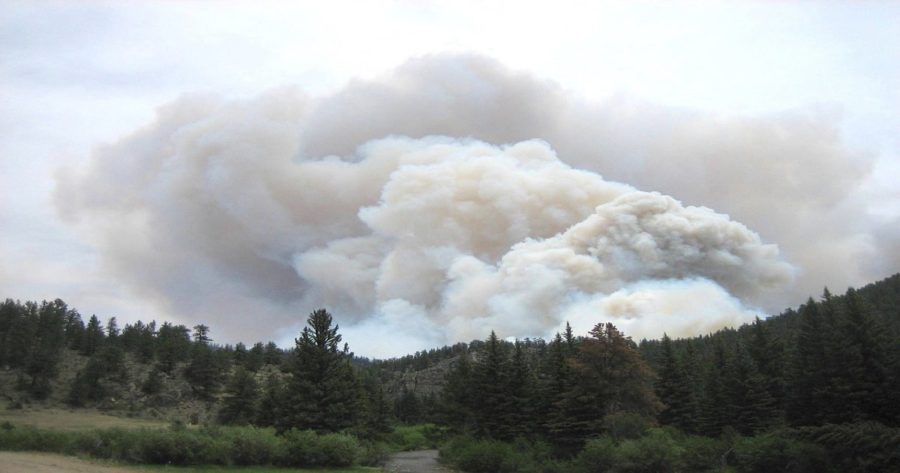
With a bit of rain expected Tuesday, Motty said there was less worry the fires would join forces. “But still some huge fires down there on the landscape,” Motty said.
Quebec has sent firefighters and aircraft to help battle the flames. “It’s not very often we bring in resources that expensive,” Motty said, noting he was pleased provincial officials complied with the request for help.
Newfoundland and Labrador Premier Andrew Furey provided an update on the fires burning in the central part of the province on Tuesday, saying that the rainy weather was cooperating with efforts to help contain and stop the fires.
The premier added that firefighters were still in “attack mode” when battling the fires in the central part of the province. Furey said that they will keep their state of emergency in place in case the winds shift as there are still large plumes of smoke that could wreak havoc on nearby communities.




